Yes, you’re about to read a blog post on how to sleep better, written by a woman who’s child does not, in fact, sleep. Finn is 10 months old and still waking 2-5 times a night. And I’m breastfeeding, which means that I am not the one grabbing a solid 7-8 hour kip (Gavin is). However, I do strongly believe that the reason I’m able to not only function but feel pretty good, on a daily basis (most of the time) is that even though the quantity of sleep I’d like isn’t happening… The quality of sleep I’m getting is excellent.
The first person to bring ‘sleep hygiene’ to my attention was the beautiful health coach Sarah Hopkins who I worked with in Australia. And since realising the benefits of it during our sessions, I’ve become a little bit obsessed. I’ve read some great books on the topic, the most notable being Sleep Smarter by Shawn Stevenson. I also love his health podcast The Model Health Show (the man has a voice like butter). I thought I’d share with you some of the things I’ve been doing to improve my own sleep over the years that have really really worked.
Prioritise Sleep
It’s a bit too easy to say… “Just one more episode of Game of Thrones”… But if you’re serious about getting better shut-eye, then the first step really is to make the decision that you’re going to make it a point of focus. Setting a nice, gentle, twinkly alarm on my phone for 9pm tells me that it’s time to wind down. I then know that I’m aiming to be in bed by 9.30pm and sleeping by 10, for my best chance at a good sleep. Those times might not work for you, but consider reminding yourself somehow when it’s time to begin winding down.
Get Outside
In order to get over to sleep, your body needs to produce enough of the sleep hormone melatonin. The production of this hormone is so closely linked with how much daylight your body is registering during the day so, if at all possible, try to get outside for a while.
When people are exposed to sunlight or very bright artificial light in the morning, their nocturnal melatonin production occurs sooner, and they enter into sleep more easily at night.
Benefits of Sunlight: A Bright Spot for Human Health
M. Nathaniel Mead
Smart Screen Time
It seems we’re forever hearing how bad screen time is for our mental and physical health. But it’s so goddamn hard to turn off Instagram because everything awesome seems to live there. Also, when I’m home in the evenings, all of my friends live in my phone and there is SO MUCH CHAT. Fomo sets in and putting my phone away feels like a herculean task at times. So I use the eye comfort setting on my phone to reuce overstimulation of hormone-disrupting blue light from screens, I use the Flux app on my Mac if I need to work late and I generally try to make sure tapping on glass isn’t my only activity of an evening.
Caffeine Curfew
Did you know that caffeine has a half-life of up to 6 hours? Meaning that if you have a cup of coffee at 4pm, half of that caffeine is still buzzing through you at 10pm. And as a nervous system stimulant, this is no bueno for good sleep. The best thing you could do is give yourself a caffeine curfew of around 2pm. That way, by the time you’re off to snooze, your body is not battling a powerful stimulant in order to drift off.
Black It Out
Did you know that human skin contains photoreceptors? Which means that even if you have an eye mask on, your body can sense if the light hits it? And as we know, light is largely responsible for the production of the hormones necessary for sleep. Keeping your bedroom as dark as you can possibly get it will help. I know that anytime I’ve slept in a room (usually hotels) with blackout curtains or in secluded areas with no light pollution I sleep like the dead. Gavin and I are decorating our room later this summer and first on the list (after a clay beaded chandelier of course) is a set of heavy blackout curtains.
Exercise Early
Getting your exercise in earlier, rather than hitting the gym at night has huge benefits for your sleep, this is from The National Sleep Foundation:
…Working out in the early hours has another bonus: deeper sleep at night. In fact, people who work out on a treadmill at 7:00am sleep longer, experience deeper sleep cycles, and spend 75 percent more time in the most reparative stages of slumber than those who exercise at later times that day.
Ditch Your Device
I have a rule that my phone is not allowed upstairs with me at night. So when I’m ready to go wash my face and brush my teeth, I have to say night night to my phone, plug it in to charge and walk away. Which leaves me with a solid half hour before bed technology free. This has been one of the most incredible changes to my sleep and my relationship. No phones in bed mean that my husband and I aren’t distracted by the outside world, we chat, we read, we sleep and are much likelier to get eh… cosied up together… when we’re not both staring into our phones. And that’s also good for sleep too. Just sayin’.
Natural Sleep Aids
I mentioned it in my How To Create a Mental Health Routine post. And you probably thought I was crazy, but I’m going to say it again… I take a tablespoon of apple cider vinegar with water before bed every night. And the nights I forget, I notice a huge difference in my sleep the next day. A word of warning though, you will probably have mental dreams and a reeeeaaally deep sleep (I recently had a rather unsavoury dream time encounter with the giant redheaded leader of the wildlings from Game of Thrones). I don’t know how the apple cider vinegar works, but I know so many people that do this now and report the same benefits. I also take a magnesium supplement that I find hugely helpful. But do some research or seek advice if you’re unsure about taking supplements.
Create a Sanctuary
This section makes me laugh, we’re currently packing for a family holiday and since our bedroom is the only place in the house we can prevent Finn from taking a swim in the perfectly and painstakingly packed suitcases, our bedroom is completely covered in stuff. But in general, day to day life, it’s best to have a clutter-free bedroom (you’ll need to find somewhere else to dump the washing basket now) in order to really help your mind relax at night. It’s hard to chill out and put an end to your day when you’re surrounded by physical reminders of undone tasks.
Purge Your Mind
A very interesting study (to me at least) by the American Psychological Association found that participants who wrote down their to-do list for the next day, slept much better than people who wrote a journal about what already happened that day. The theory is that it’s more beneficial for the brain to switch off by offloading the responsibilities you know you’ll face when you wake up, carving room for rest and relaxation.
Breathe Easy
If you’re a meditation lover, bedtime is a great time to get some settle down for meditation. But because I don’t have my phone in bed with me, I personally, don’t opt for a guided meditation before bed. Instead I pair it right back to a very simple breathing exercise. Too often when I get into bed my mind is racing, but I find that simply breathing in for a count of four and breathing out for a count of four is enough to settle my thoughts. If I get distracted and my mind takes off again, I just redirect it back to the breathing. Nothing complicated, but very relaxing.
So if you’ve ever found yourself lying awake Googling ‘how to sleep better’ (put your phone away! 😉) or you’ve just stumbled upon this post and found it interesting I’d love to know if you either already apply any of these tips, or if you have any little nuggets of sleep wisdom you would like to share.

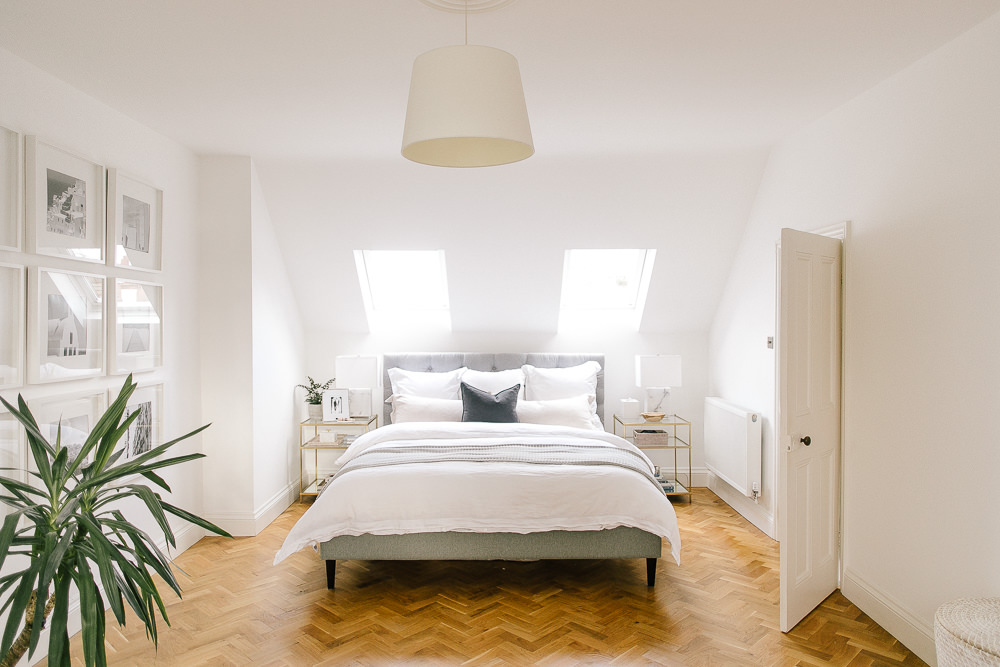
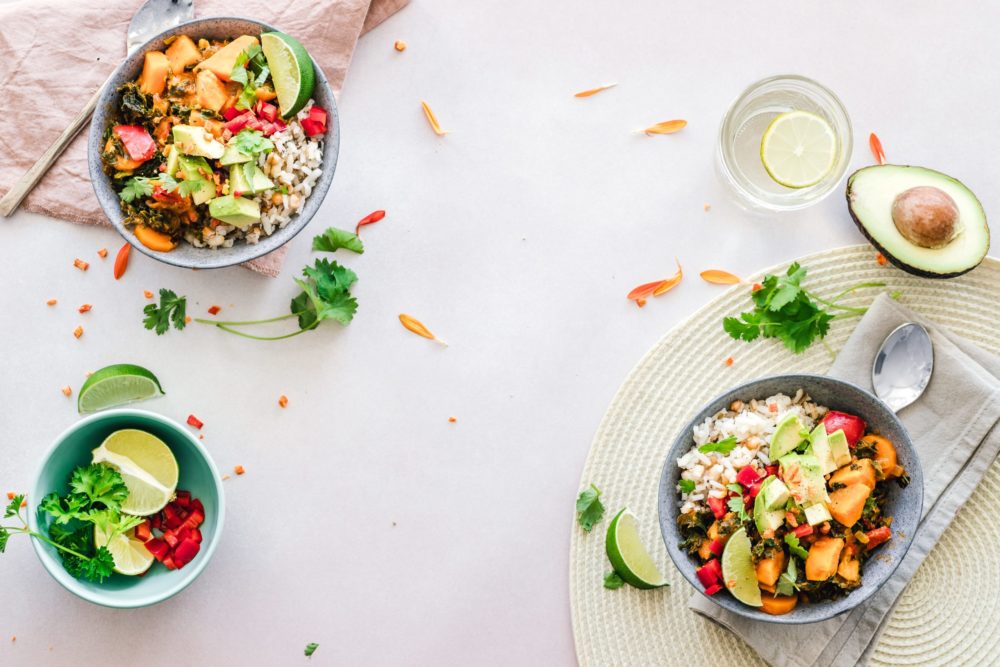
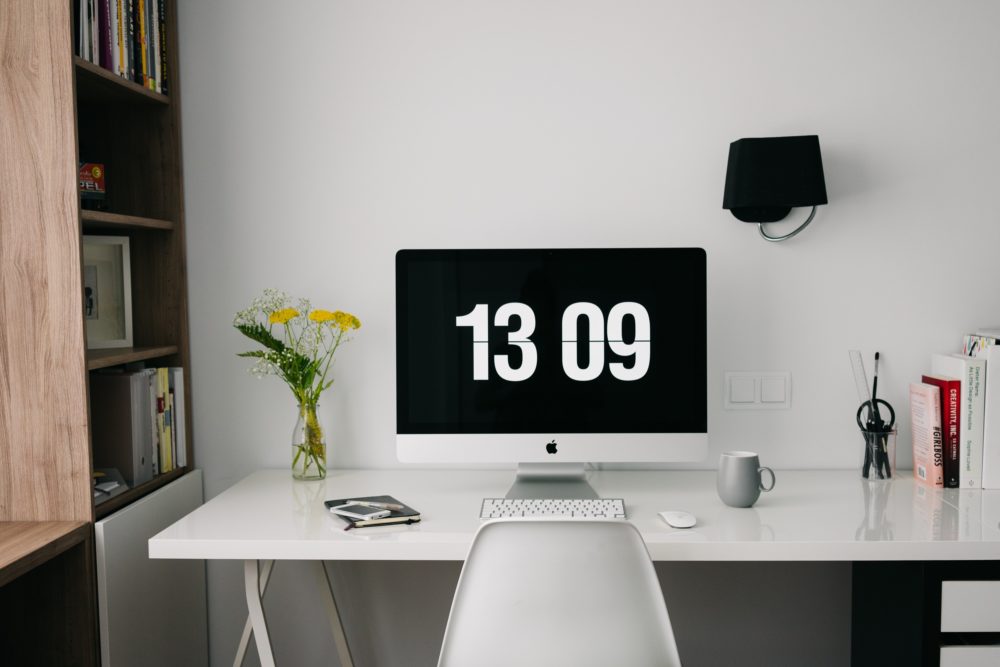
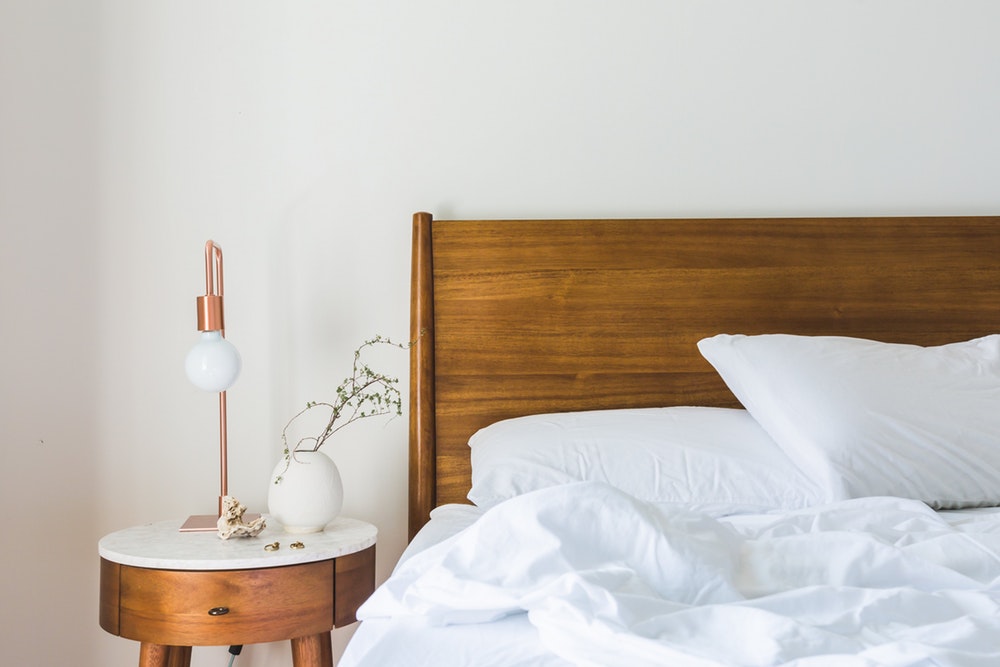
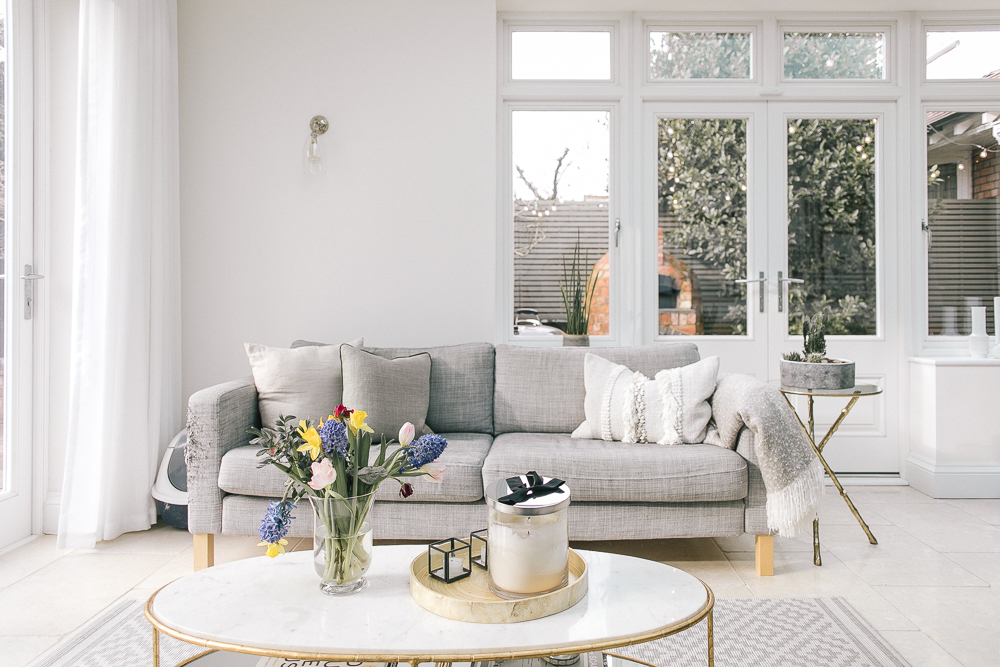
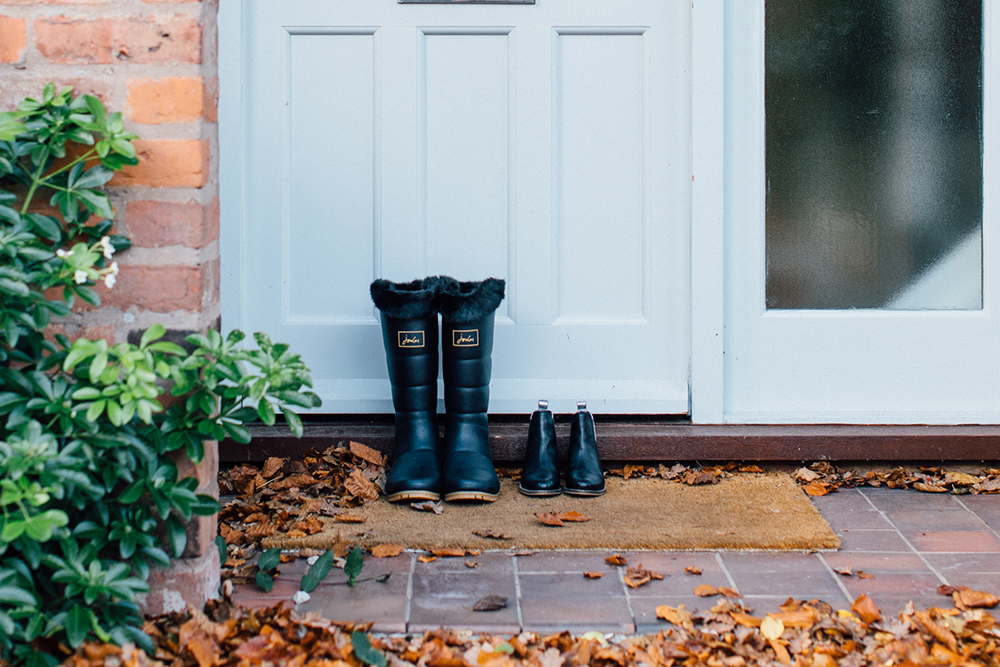
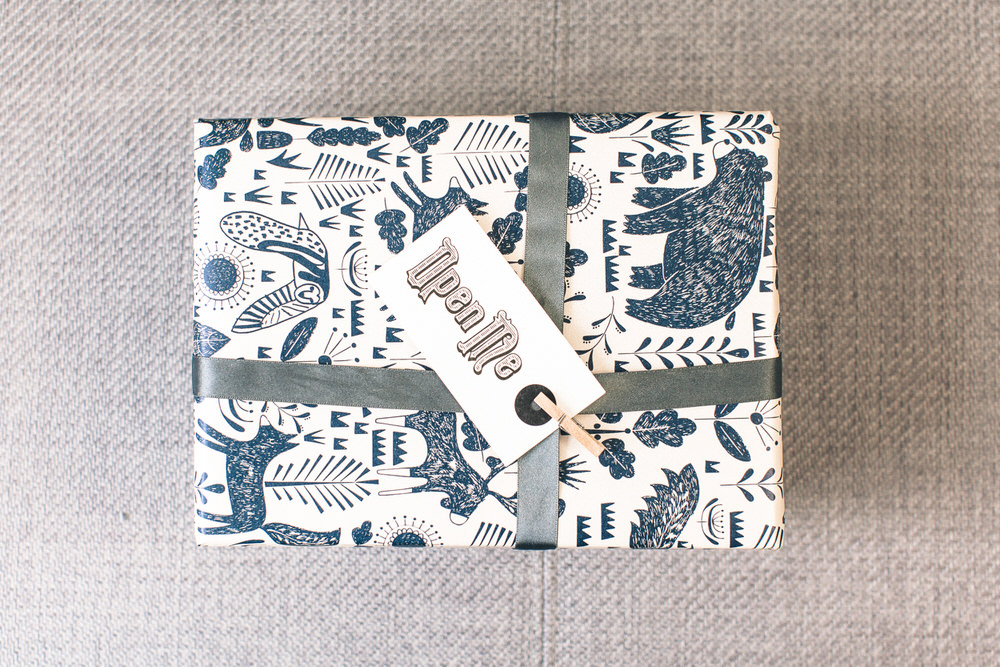
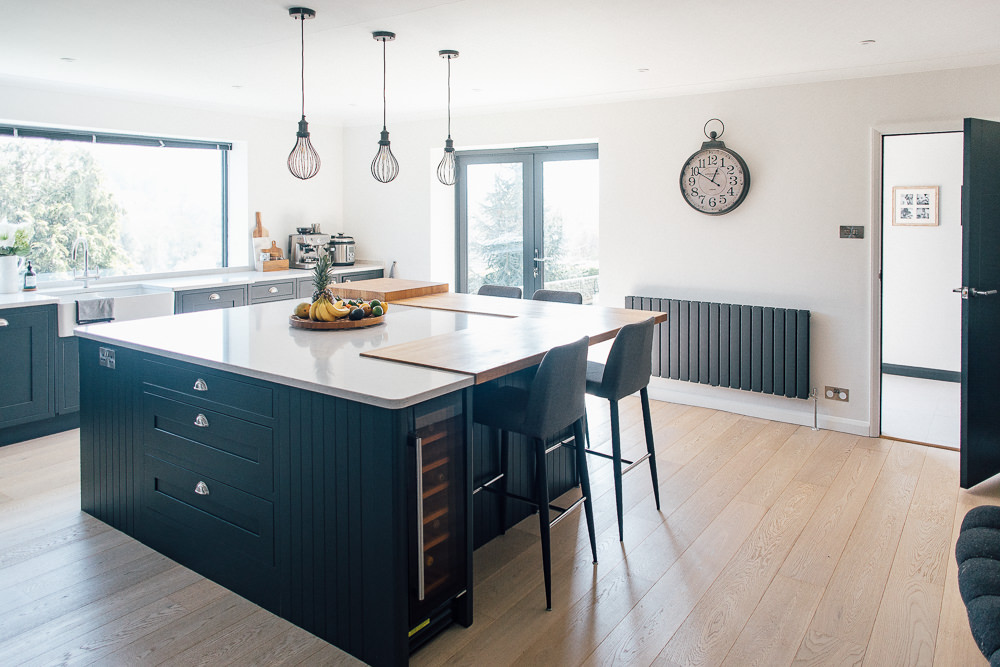
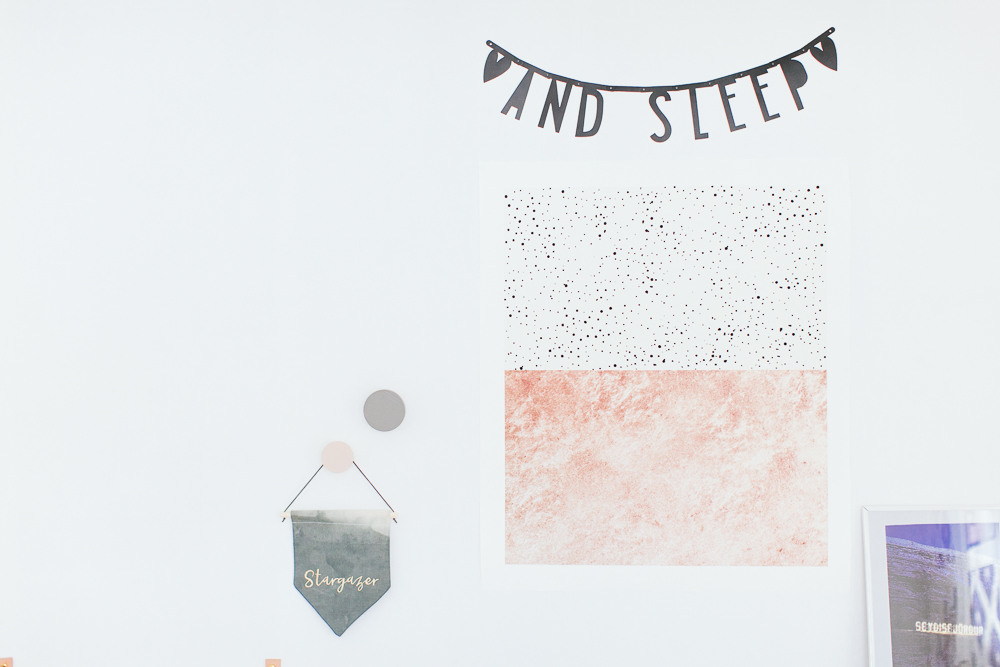
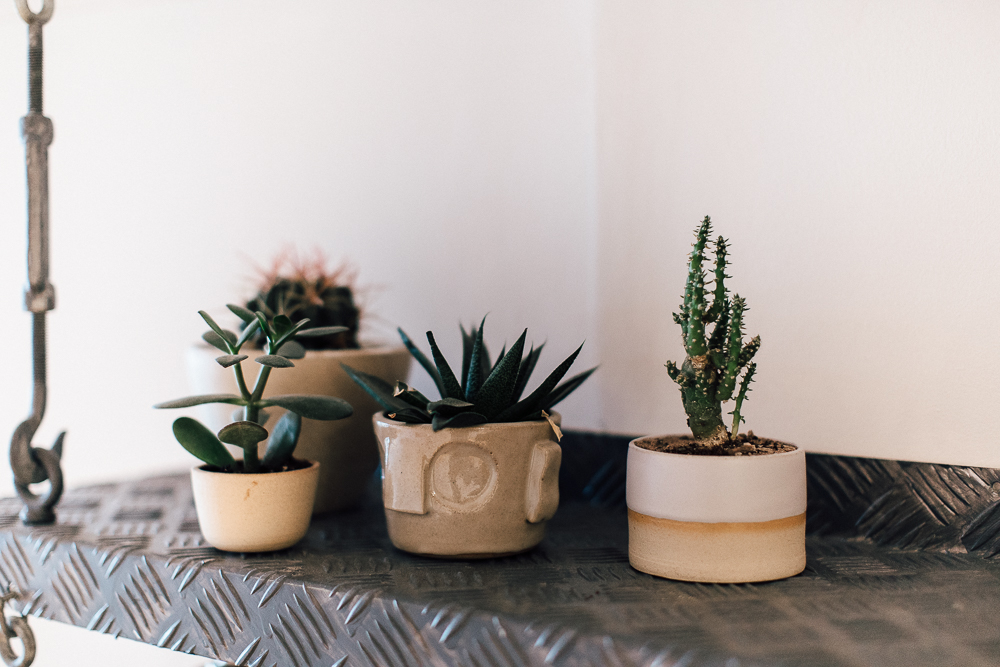
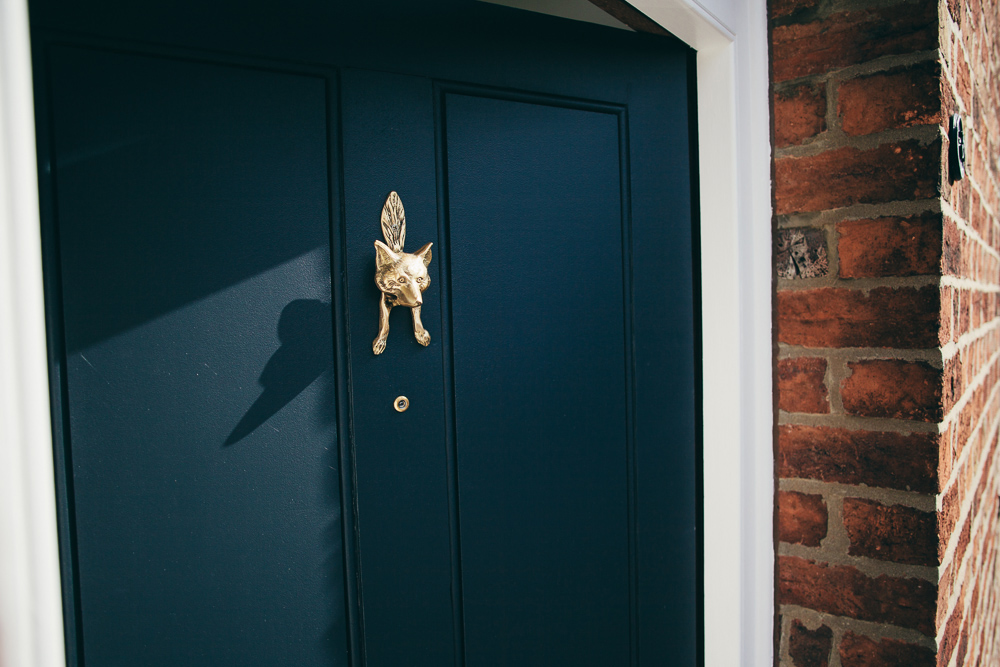
Gosh this is pretty much exactly what I have been recommended by my lifestyle/dietician person. I do a lot of it already but it is so helpful at making sure you get quality sleep – also speaking as a mother of two children allergic to sleeping all night (please tell me it will get better?!!! The 3 year old is worse than the 1 year old!!). What is the eye comfort setting on the phone? Never heard of this one! And what is this fancy chandelier you are talking about?! Also laugh at the bedroom sanctuary idea. I had a good go at clearing out all the rubbish from ours over the weekend but there is still a pile of baby clothes ready for the loft and some things that I just can’t squeeze under the bed currently!
Oh it depends on what phone you have Annie, but most of them now have a setting that automatically dims the blue light at night. Have a google and see if you can switch it on.
Our bedroom is always our dumping ground. Must make more of an effort to leave the stuff in the utility!! (Or just stop being lazy and actually put it away!)
Naomi I just want to say how much I love reading your articles – so many great tips along the way especially all the eco ones including the one a while ago about the natural deodorant Native Unearthed which has been a game changer. I’d been looking for a good natural alternative for ages and it is excellent so thank you. And some great ideas above – I have already changed the setting on my screen and want to try the apple cider vinegar but just wanted to ask a silly question, do you drink it in a whole glass of water right before bed as I think I might need the toilet in the night which might be counterproductive?! Keep the great blogs coming!
I really loved reading those tips. I might even try the apple cider vinegar. I’m forever wanting to ditch the phone at night, but it’s sooo hard. I just realised how bad it’s become though: last night my Little Girl woke up at 4 am crying, but soothed herself back to Sleep. I woke up and instead of dozing off myself I checked my phone. At 4 am??? Why would I do that?
So thanks anyway for your great article!
I just want to say that I really love to read your blogs. Your blogs are always very helpful to me. Thank you for such a useful tips and I’ll definitely follow all of them 🙂